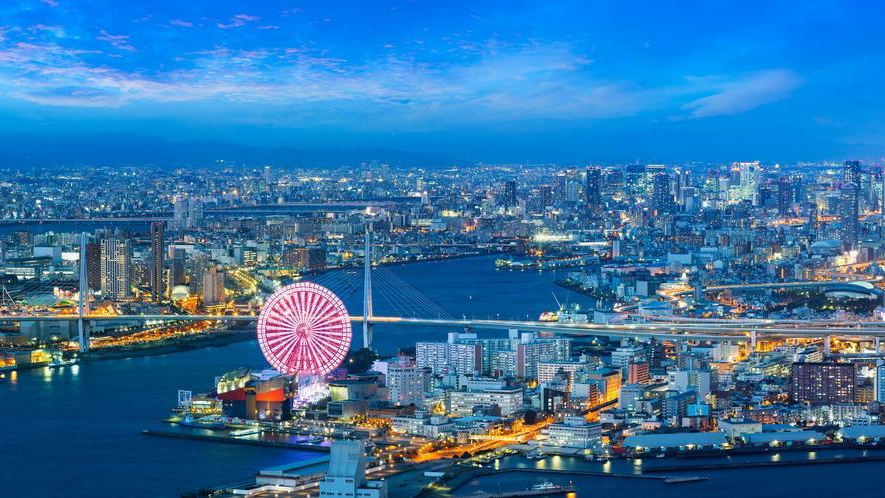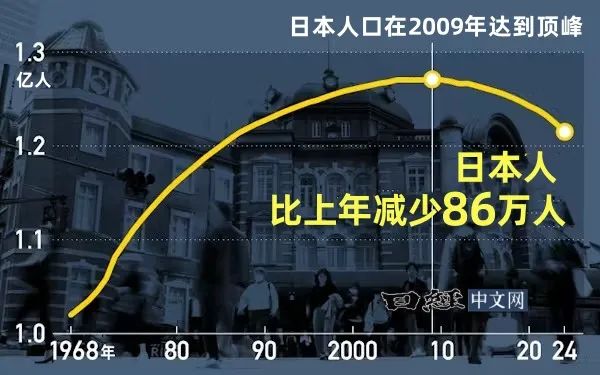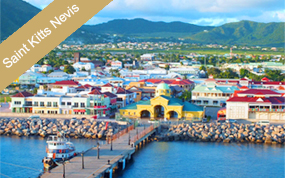Latest news!
Recently, the Ministry of Internal Affairs and Communications of Japan announced the latest population dynamics survey results, showing that Japan has been favored by global talents in recent years, and the number of people moving here has increased significantly.

01
Number of foreigners in Japan
Hit a record high
On July 24, the Ministry of Internal Affairs and Communications of Japan announced the results of a population dynamics survey based on the Basic Residents' Register (equivalent to the household register).
Data shows that as of January 1, 2024, the total population of Japan is 121,561,801, a decrease of 861,237 from the previous year, which has been declining for 15 consecutive years, and the year-on-year decline has hit a new high since the survey began in 1968.

At the same time, the number of foreigners in Japan increased by 329,535 compared with the previous year, reaching a total of 3,323,374, breaking the 3 million mark for the first time.
In addition, among the foreigners who have moved to Japan, the working-age population accounts for as high as 85.22%, totaling 298,382 people.
This phenomenon highlights Japan's reliance on foreign labor in the context of the increasing problems of low birth rate and aging population, and also reflects that now is a good time to move to Japan.
At present, business management visas and highly skilled personnel visas are the main ways to move to Japan. If you are interested in applying, please consult Xingyunhai International.
02
Moving to Japan
Which cities are the most livable
When selecting an ideal city to settle down, Tokyo is often given priority because of its prosperity, convenient transportation, abundant employment opportunities and perfect infrastructure.
However, the ranking of 136 cities in Japan (excluding Tokyo's 23 wards) released by the Mori Memorial Foundation, a think tank of Mori Building Company in Japan on July 24, revealed many livable cities that are also worthy of favor besides Tokyo.
The ranking is based on the six dimensions of economic vitality, quality of life, convenient transportation, research environment, cultural heritage, and natural environment of each city, and a total of 87 indicators are comprehensively evaluated.
Osaka City has been ranked first for four consecutive years with its outstanding comprehensive strength, and it is the leader in both the economy and transportation fields.
At the same time, the quality of life of residents in Osaka City has improved significantly, further strengthening its status as an ideal place to live.
Except for Osaka City, the top ten cities are:
② Nagoya City: The core hub of the Tokai region, ranked first in living conditions.
③ Yokohama City: A well-known marine city with rich tourism resources and a prosperous business environment.
④ Kyoto City: A thousand-year-old capital with a profound cultural heritage and rich cultural exchange activities.
⑤ Fukuoka City: An academic center in the Kyushu region, the research and development ranking has improved significantly.
⑥ Kobe City: Steadily enhance the comprehensive charm of the city through scientific research innovation and cultural exchanges.
⑦ Kanazawa City: With a profound cultural heritage and a stable economic strength, talents and enterprises gather.
⑧ Tsukuba City (Ibaraki Prefecture): Excellent performance in both work and life convenience, and enhanced comprehensive strength.
⑨ Sendai: The academic center of the Tohoku region, with convenient living.
⑩ Hiroshima: Rich waterfront landscape and cultural heritage.
In recent years, Japan has accelerated its pace towards becoming an immigration country and launched a number of measures to attract foreign talents, such as relaxing the application system for permanent residency. Those who meet certain conditions can obtain permanent residency within one year at the earliest.
If you also want to move to Japan, please contact Xingyunhai International, we will provide you with a tailor-made exclusive plan.



























 Cyprus
Cyprus Turkey
Turkey Saint Kitts and Nevis
Saint Kitts and Nevis Greece
Greece
